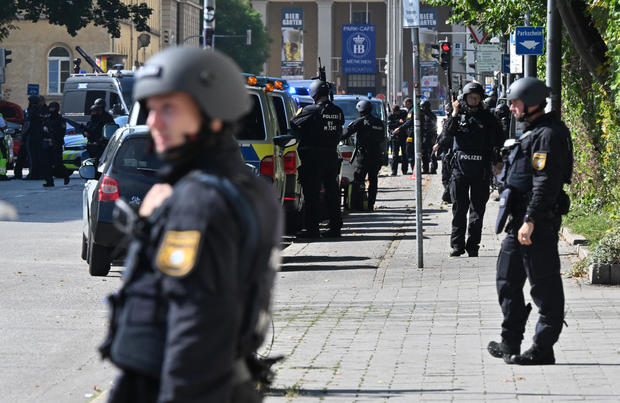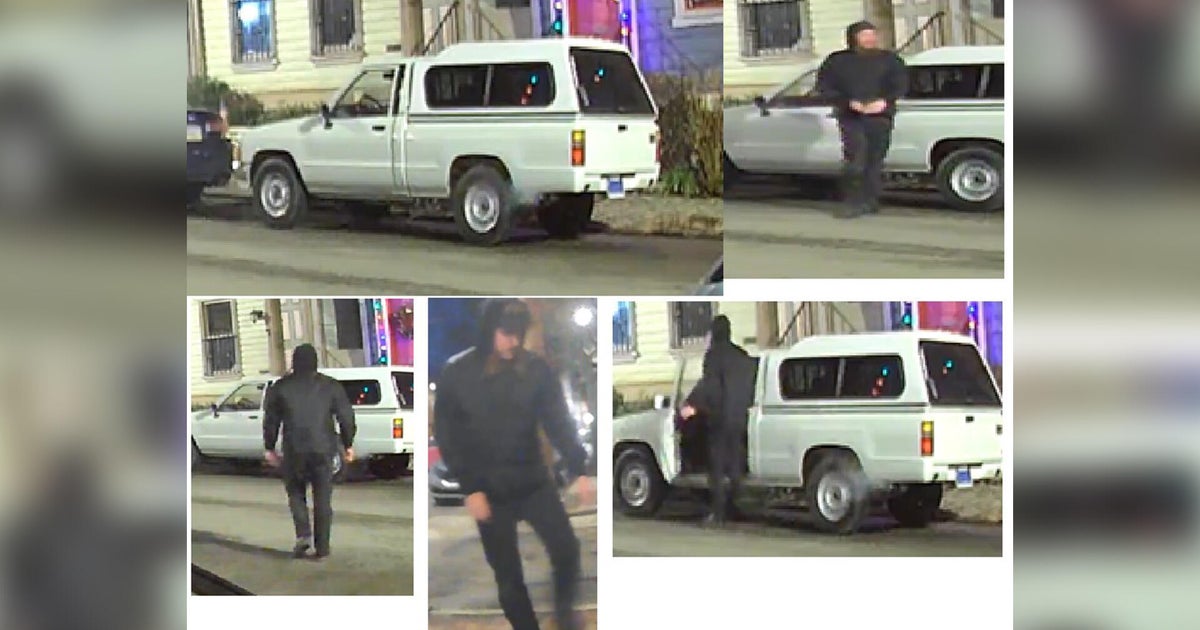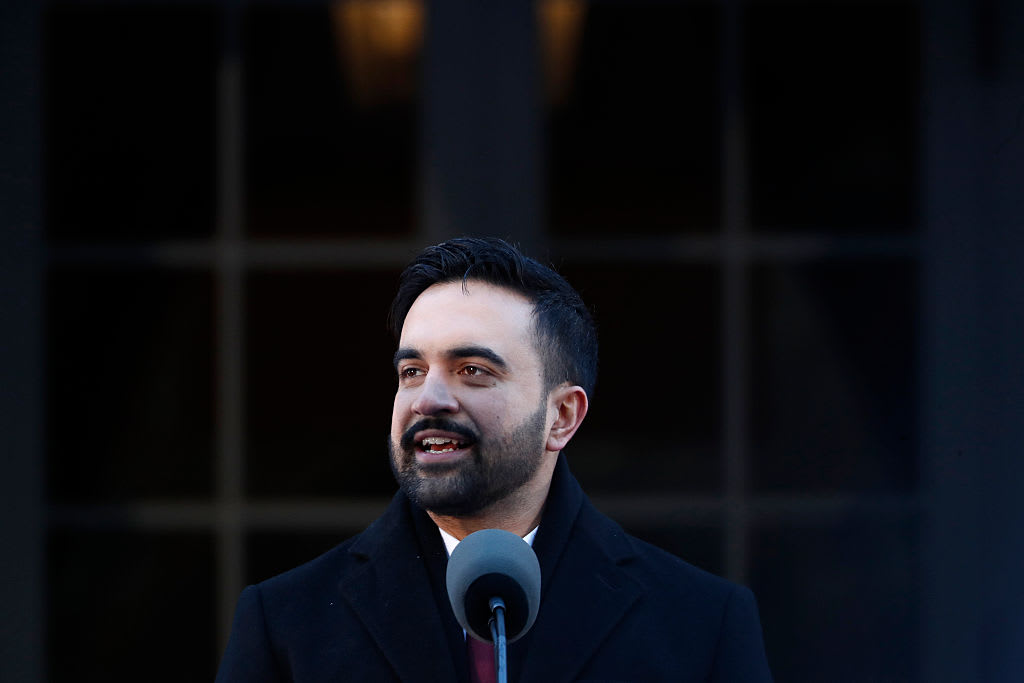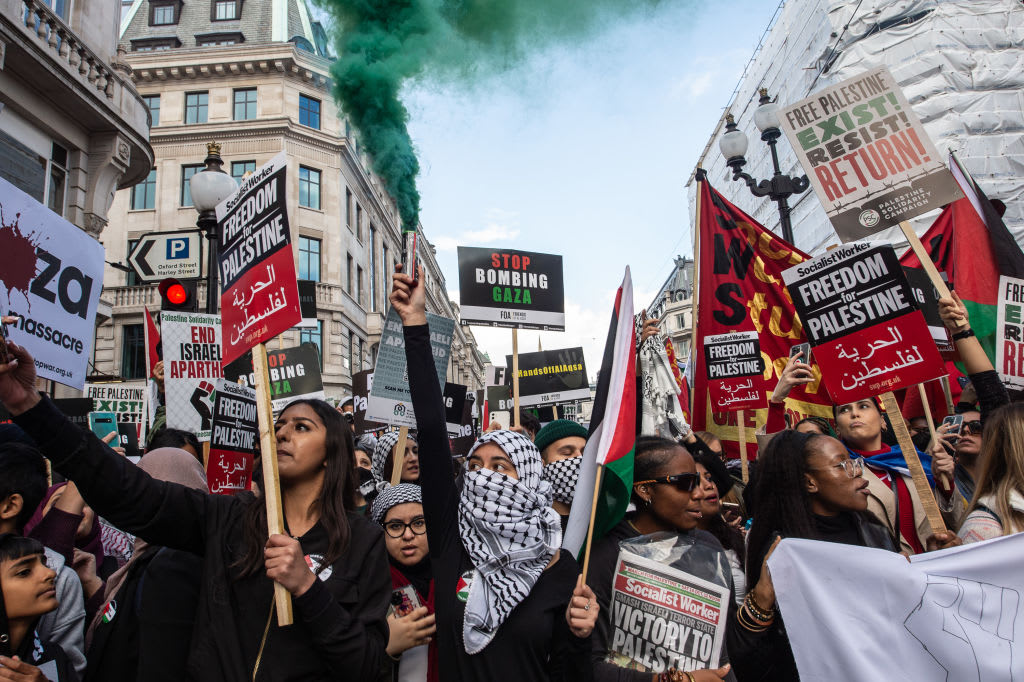German police kill gunman near Israeli Consulate in Munich 52 years after Munich Olympics attack
Munich — Police in Munich exchanged fire with a man in an area near a museum on the city's Nazi-era history and the Israeli Consulate Thursday, leaving the suspect, identified as an 18-year-old Austrian national, fatally wounded.
According to police spokesperson Andreas Franken, officers noticed a person carrying a "long gun" in the Karolinenplatz area, near downtown Munich, at around 9 a.m. There was then an exchange of shots in which the suspect was fatally wounded, but there was no indication that anyone else was hurt, Franken said.
The man, who was carrying an old make of firearm with a repeating mechanism, died at the scene. Bavaria's top security official, state Interior Minister Joachim Herrmann, said the suspect had opened fire at police and they returned fire.
Thursday marked 52 years since the attack by Palestinian militants on the Israeli delegation at the 1972 Munich Olympics, which ended with the death of 11 Israeli team members, a West German police officer and five of the assailants. Bavarian state premier Markus Soeder said there was "a terrible suspicion" that case was linked to the date marking that attack on Israeli athletes in 1972.
Austria's Standard newspaper and the Spiegel news outlet in Germany reported that the suspect had been investigated for Islamic extremism, but the Munich police did not confirm the reports.
Police said there was no evidence of any other suspects being connected to the incident. They increased their presence in the city, Germany's third-biggest, but said they had no indication of incidents at any other locations or of any other suspects.
Five officers were at the scene at the time of the shooting, but police deployed to the area in force after the incident. Franken said he had no further details on the suspect or on his firearm.
Israel's Foreign Ministry said the consulate in Munich was closed when the shooting occurred for a memorial event to mark the Olympics attack and that no consulate staff were hurt. The nearby Munich Documentation Center for the History of National Socialism, which opened in 2015 and explores the city's past as the birthplace of the Nazi movement, also said all of its employees were unharmed.
Israeli President Isaac Herzog said he had spoken with his German counterpart Frank-Walter Steinmeier, writing in a social media post that "together we expressed our shared condemnation and horror at the terror attack this morning near the Israeli consulate in Munich."
Speaking at an unrelated news conference in Berlin, German Interior Minister Nancy Faeser described Thursday's shooting as "a serious incident" but said she didn't want to speculate on what had happened. She reiterated that "the protection of Jewish and Israeli facilities has the highest priority."
Germany, along with other Western European nations, have grappled with a rise in antisemitism for several years. A gunman who had railed against Jews opened fire outside a synagogue in the German city of Halle on Yom Kippur, Judaism's holiest day, in 2022, killing two people.
As CBS News correspondent Chris Livesay reported in July, nearly 40% of the antisemitic incidents reported worldwide during 2023 were in Europe, and there was a spike after the Oct. 7 attack by Hamas sparked the ongoing war with Israel in Gaza. In Germany, reports of antisemitic incidents nearly doubled last year, while in the U.K., they more than doubled and in France, they nearly quadrupled.
Livesay reported that the sharp rise in such incidents in Europe was driving some Jews to abandon their lives on the continent and move to Israel, despite that country being engaged in an active war.






